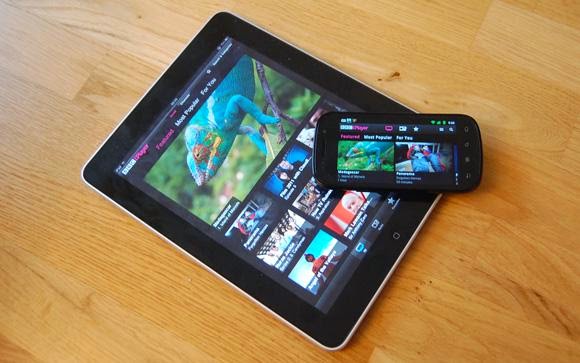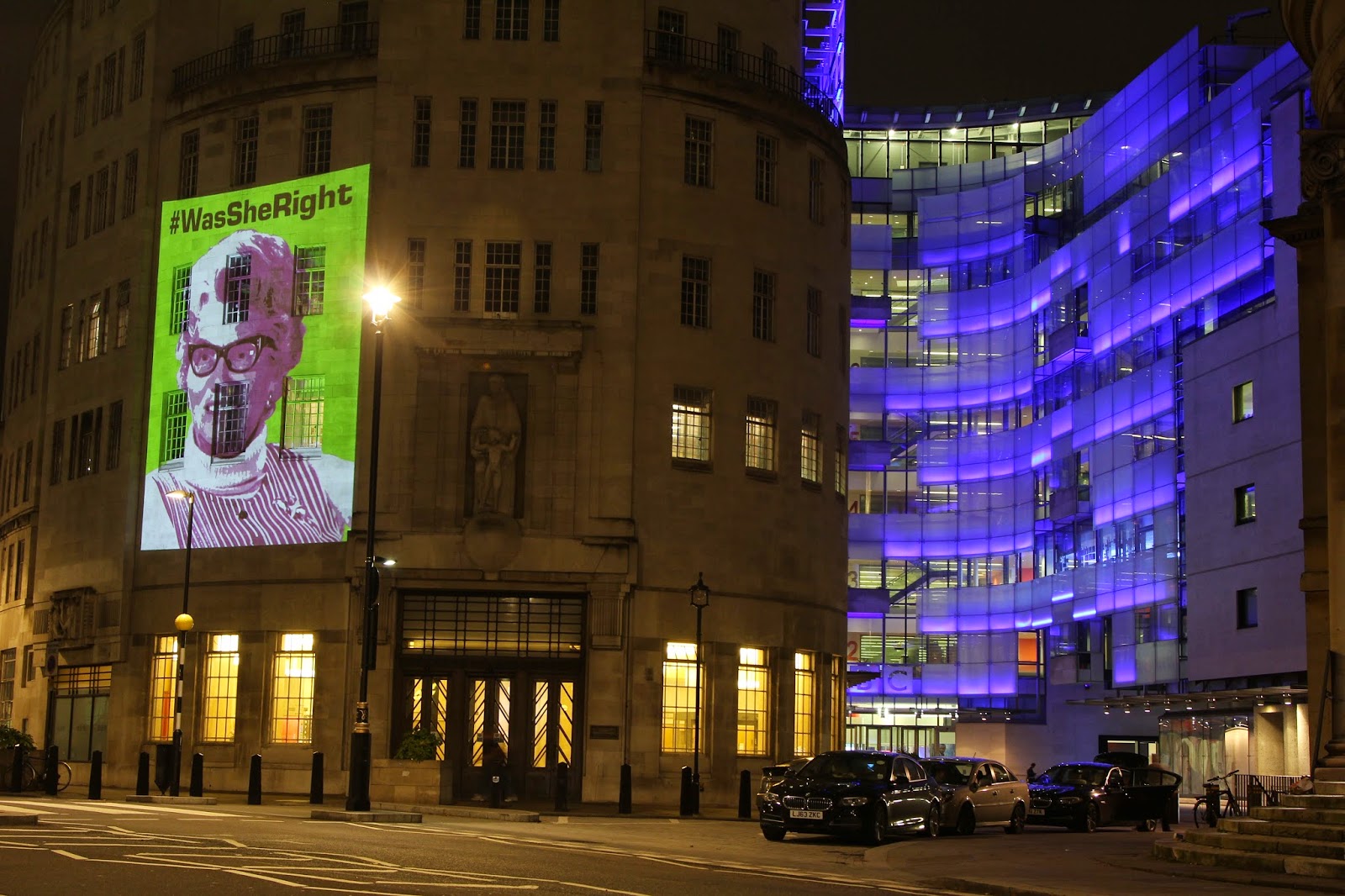Earlier this year the Director General of
the BBC, Tony Hall, announced plans to make BBC 3 – the corporation’s ‘youth’
channel – a completely online channel. Despite opposition from presenters
and some executives the new head of the BBC Trust, Rona Fairhead, has hinted
that the trust will approve the move saying that the BBC should do even more to
cater for young viewers who prefer to watch television on their tablets and
mobile phones.
Speaking to the culture, media and sport
committee she said: “The statistics show that this group are watching less.
They are certainly watching very differently…. typically they watch on-the-go
through the devices they have. Catch up television appears to be a way
the younger audience will use the BBC and view programmes.”
BBC Three is the most successful youth
television station with more viewers aged 16 - 34 than any other youth
television station including E4, Sky 1 and ITV2. Shows such as Bad Education and Being Human attract almost 30% of this age group on a weekly basis;
they also attract many much younger viewers.
Over the years the channel has produced
some excellent programmes including My
Brother the Islamist, Autistic Me,
and Blood, Sweat and TShirts.
Earlier this year it broadcast a documentary, Porn, What’s the Harm, which raised some important questions for
young adults but was unsuitable for younger children. However the channel
has also broadcast some potentially harmful content including in 2012 Like a Virgin, which followed girls preparing
to lose their virginity, in which a bikini wax was given more attention than a
safe sex message – which is contrary to government guidelines.
Presently the channel broadcasts from 7pm
to 4am, largely post-watershed. Much of the channel’s content is
available online with a parental guidance prompt and can only accessed by
ticking a box confirming that the viewer is over 16 – hardly beyond the wit of
a much younger child. Moving this channel online without updating the
protections will compound the problem. Any existing computer filters are
unlikely to block access to iPlayer and, as the parental control feature is not
widely advertised, it is reasonable to assume that the majority of parents will
not have set up controls to protect their children.
When the BBC Trust looked at the iPlayer
back in 2010 we asked them to consider the inadequate protection
available. We called for a more robust system to protect children.
The Trust did not address this in their findings but they did recommend more
was done to advertise the available parental controls. However this has
not happened.
We have written to Rona Fairhead outlining
our concerns about the lack of protection for children afforded by the BBC’s iPlayer.
We have pointed out that, should BBC 3 move online, these problems will be
magnified and we have asked her to consider ways in which the protections
offered by the television watershed could be replicated online.




